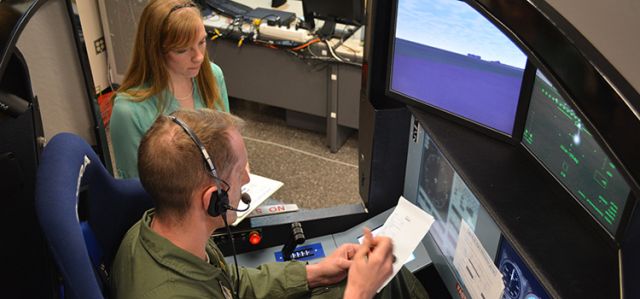Document Type
Article
Publication Date
1-2024
Publication Source
Robotics
Abstract
This paper presents a planar four-bar approximate motion synthesis technique that uses only pole locations. Synthesis for rigid-body guidance determines the linkage dimensions that guide a body in a desired manner. The desired motion is specified with task positions including a location and orientation angle. Approximation motion synthesis is necessary when an exact match to the task positions cannot be obtained. A linkage that achieves the task positions as closely as possible becomes desired. Structural error refers to the deviations between the task positions and the linkage's generated positions. A challenge in approximate motion synthesis is that structural error involves metrics that include location and orientation. A best-fit solution is not evident because the structural error is based on an objective function that combines the location and orientation. Such solutions lack bi-invariance because a change in reference for the motion changes the values of the metric. This work uses only displacement poles, described solely by their coordinates, as they sufficiently characterize the relative task positions. The optimization seeks to minimize the distance between the poles of the task positions and the poles of the generated positions. The use of poles results in a bi-invariant statement of the problem.
ISBN/ISSN
2218-6581
Document Version
Published Version
Publisher
MDPI
Volume
13
Issue
1
Peer Reviewed
yes
eCommons Citation
Xu, Tianze; Myszka, David H.; and Murray, Andrew P., "A Bi-invariant Approach to Approximate Motion Synthesis of Planar Four-Bar Linkage" (2024). Mechanical and Aerospace Engineering Faculty Publications. 248.
https://ecommons.udayton.edu/mee_fac_pub/248




Comments
This open-access article is provided for download in compliance with the publisher’s policy on self-archiving. To view the version of record, use the DOI: https://doi.org/10.3390/robotics13010013